Daimler compares S-Class with humankind's greatest achievement
Daimler’s claims about its robot S-Class being comparable to the moon landing are proof the divorce from reality has settled...
AutoExpert savings & advice, roadside assist, and support links:
Save thousands on any new car (Australia-only) >>
AutoExpert discount roadside assistance package >>
Like my independent reports? Support the channel, securely via PayPal >>
I love Daimler, parent of the disobedient but attractive child we know today as Mercedes-Benz - old faithful - the vaunted three-pronged suppository. You probably saw Daimler’s claims this week about introducing Level Three autonomy.
Let’s talk about that…
Level Three is where the so-called ‘driver’ might as well be brain-dead - up to 60 kays an hour. Big, bad suppository says the lawyers are just working it out with the government and they’ll roll it out forthwith.
Apparently Level Three is gunna be unlocked on the new S-Class after the regulatory imprimatur in Germany, from Angela. And then they might hide these features in, lesser Mercs, behind a paywall. Like, swipe black AMEX here if you want that unlocked, kinda thing. Maybe a monthly subscription. Because, avarice knows no bounds in the Daimler boardroom.
Let us not forget Daimler just promised failsafe autonomous cars up to 60 kays an hour, but can’t actually get a right-drive AWD Benz not to crab like the worst pre-production prototype ever, whenever you’re not going dead ahead.
I’m just saying that for technical perspective. They won’t even admit the cars do that, and when they do, they claim it’s not a defect, but rather an ‘operational characteristic’.
So: are these really the kinds of dudes you want putting robot cars out there on the roads, around us?
I was all set to pat them on the back here - like, well done. Level Three. Substantial technical achievement. Electric Jesus is gunna have a fit. So that’s nice.
Tread lightly
But then, Ola Kallenius said this:
“If we are successful with the legal framework for Level Three which we predict we will be, then [we will be] the first one to plant a flag on the moon in terms of doing Level Three.”
- Ola Kallenius, boss of Daimler
Did he just compare Level Three autonomy to Apollo? I suppose just putting a flag on the moon is not that hard. But you have to get it there first. (It’s an intrinsic part of the activity.) And that is properly difficult. Getting a flag on the moon certainly puts Level Three autonomy in perspective.
I’ve met one of the 12 men who walked on the moon. David Scott. Commander of Apollo 15. Seventh man to walk on the moon. The first man to drive the lunar rover on the moon. (That’s why I was there - I wrote a feature on the most outrageous off-road adventure ever.)
They went over the horizon. I go: ‘There’s no magnetic field on the moon - how did you navigate back? He goes: We followed our tracks - of course, we sure hoped they were our tracks. He goes: Do you want to drive the rover? I’m seeing ‘NASA - all access pass’. He goes: You just have to get there. We left the keys under the seat. David Scott: Total hero. #Respect.
As a result, I got real interested in Apollo, because I remembered them wheeling out the old black and white TV while I was a little kid in school, and even them, like five years old, it was kinda obvious this was a big deal. I know exactly what I was doing when Neil Armstrong took one small step. Most people my age or older do.
So, to Ola Kallenius from Daimler I would say: This bullshit comparison is offensive to the greatest technical achievement in human history. I’m no snowflake. I don’t want him cancelled. I actually find it quite entertaining when these masters degree bigwigs throw their credibility under the bus by being so staggeringly out of touch with the facts.
Just pointing out it’s a completely crass comparison which is also divorced from reality. Let’s compare the two achievements, with a little beer-garden rocket science, shall we? I mean, Mr Kallenius opened this door; it’s only polite for us to step through, surely?
Mr Kallenius is highly educated - he has master’s degrees in International Management and Finance and Accounting. So, technically not stupid, but still a bean-counter. Another bean-counter in charge. Just what the auto industry needs.
Isn’t it funny - when shit goes seriously sideways - that they never get all the bean-counters, lawyers and politicians together to solve the problem? I’m confident Mission Control at Apollo had very few international management finance and accounting types at those consoles, although in fairness I didn’t see the need to check that.
To get that flag on the moon, 15 men in five manned Apollo missions (including the crew of Apollo 11) had to climb to the top of a ginormous glorified bomb called a Saturn V rocket. And, of course, significant sacrifices were previously made. The first three Apollo astronauts - Gus Grissom, Ed White and Roger Chaffee, died tragically, in a fire on the ground during a test. The flag would not be there without them.
Light the fires
Saturn V is the most brain-bending machine ever made in the domain of outright fucking awesomeness.
The rocket is 110 metres high. It dwarfs the Electric Jesus Falcon Heavy. It’s taller than a football is long. Here’s the one that took Apollo 11 to the moon.
You’re looking at 3300 tonnes of thrust, and it burns like that for nearly three minutes. With two more stages - for earth orbit insertion and translunar injection - waiting in the green room.
The Saturn V rocket program cost was the equivalent of USD$50 billion (in today’s dollars) - which is roughly nine times the annual profit of Daimler. So - proportionality ‘fail’ right there, Mr Kallenius. Easy for a bean-counter to conclude that not even Daimler could afford to put a flag on the moon today.
Just take a minute to appreciate it (turn your speakers up):
If you ride a Saturn V rocket and get into earth orbit without being blown to atoms (which itself is a miracle, but actually there’s never been a complete failure of a Saturn V rocket - so take that, Electric Jesus. There was one partial failure, on Apollo 6, which was un-manned).
Anyway, when you’re up there, above Earth, to get to the moon, you have to burn for translunar injection, and you have be doing almost 40,000 kilometres per hour, according to Oxford Reference. And this is - ballpark - the fastest a human has ever travelled, relative to earth.
The record there, if you’re interested, is Apollo 10, on re-entry, at 39,897km/h. That’s kinda fast, but admittedly it’s not the same as taking your hands off the wheel of an S-Class doing 55.
On the way to the moon, you have to dodge the more lethal radiation concentrations of the Van Allen radiation belts. Then you have to achieve lunar orbit insertion, which is a fairly precise activity with a low failure tolerance, a long way from home, then you have to separate the LM from the CM and of course land on the moon. With the flag.
Landing, in Neil Armstrong’s case, meant taking manual control towards the end, to avoid the pre-selected landing zone, which was problematically strewn with boulders, and flying manually to a safer location and making it there with the spacecraft telling him he had just 25 seconds of remaining fuel, before abort would be mandatory. #Hero
Think of the most outrageously excellent sporting performance you’ve ever seen. That perfect goal, the hole in one - whatever. That was nothing, compared to this. So, take a look at the tremendous humility of a real hero. Neil Armstrong:
Touchdown
This is the first guy to fly to, and land on, a different celestial body. To me, he seems abundantly different to the kinds of dudes, like Mr Kallenius, piloting multinational carmakers from fiasco to fiasco, today. I’m really not so sure we’ve come all that far in half a century.
Neil Armstrong’s landing on the moon is one of the most elite performances by anyone, ever. He’s also the poster boy for anti-autonomy, by taking control from the computer and getting it right by doing it manually. So, a staggeringly poor comparison there, from Mr Kallenius, I’d suggest.
Then, to get out, onto the moon with the flag, you have to de-pressurize your landing module and wear a space suit to protect you from the moon’s savage environment, which if you are exposed to it, will render you unconscious in about 15 seconds and kill you in another 60. And the nearest hospital is 400,000 kilometres away.
And no - you don’t actually explode or freeze when exposed to the vacuum of space. That’s just in Hollywood. You simply pass out in about 15 seconds because of hypoxia. David Scott told me it’s not a bad way to go.
However, it’s about 125 degrees C on the surface of the moon during the day, inconveniently, and minus 173 at night. So you get braised and then snap frozen, kinda like a TV dinner in the most remote supermarket ever.
Once you put up the flag, you have to strap yourself to another, somewhat smaller bomb, leave the moon, find the CM, which is up there somewhere and dock. According to Neil Armstrong, leaving the moon is exciting in its own way:
True grit
With that out of the way, you need to burn for trans-earth injection, then you have to get the re-entry dynamics just ‘Goldilocks’, which is also important because if you hit the atmosphere at too shallow an angle, you bounce off, inconveniently.
And if the angle of attack is too steep, you get crushed on re-entry, or the spacecraft falls apart and burns up, or both. The total thermal load on the Apollo 11 CM heat shield was about four trillion joules. Which is about the same energy as a Level Three autonomous S-Class chugging down the autobahn at roughly 7000 kilometres an hour.
So, in Apollo, you’re doing about 40,000km/h on re-entry. You’ve been weightless. You’re about to pull six or seven Gs if you get the angle right. I’ve pulled five Gs flying aerobatics, a few times, and six and a bit as a passenger, but only for a few seconds each time - it’s quite memorable.
On the re-entry angles: 7.3 degrees was the 12G undershoot boundary for Apollo. If you attack the atmosphere steeper than 7.3 degrees at the entry interface, or shallower than 5.7 degrees - you probably die. Simple. So the window for success - meaning, getting home for dinner, or not - is 1.6 degrees wide.
All you have to do is thread a 2.5-tonne spacecraft you can’t see through the eye of a needle you can’t see, at 40,000 kays an hour, with the whole world watching, using computers from the Jurassic. But - admittedly - it’s not quite the same thing as taking your hands off the wheel of a Mercedes at 60.
So, to Daimler’s high-level compulsive masturbators, comparing their as-yet non-achievement of Level Three autonomy to the outrageous success of Apollo, I would would say: Well done. Very few communications strategies would have informed the public just how magnificently out of touch and drenched in hubris you lot really are.
Don’t get me wrong here: Level three autonomy is a solid technical achievement. Well done (if it works and nobody dies). But, in other news: right-hand-drive AWD Benzes are still crabbing the shit out of the pavement in a suburb near you. So there’s that.
Level Three awesome is awesome. But it’s (sure as hit) not rocket science.




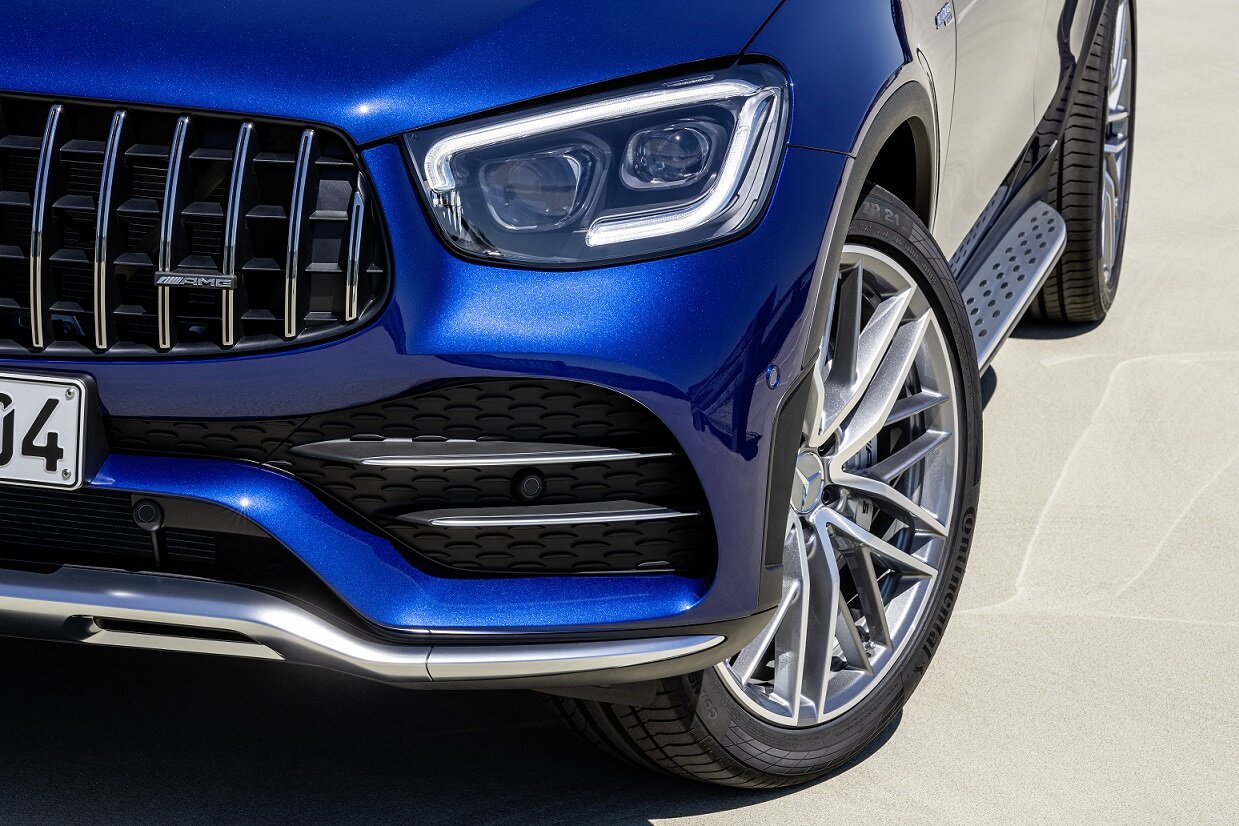







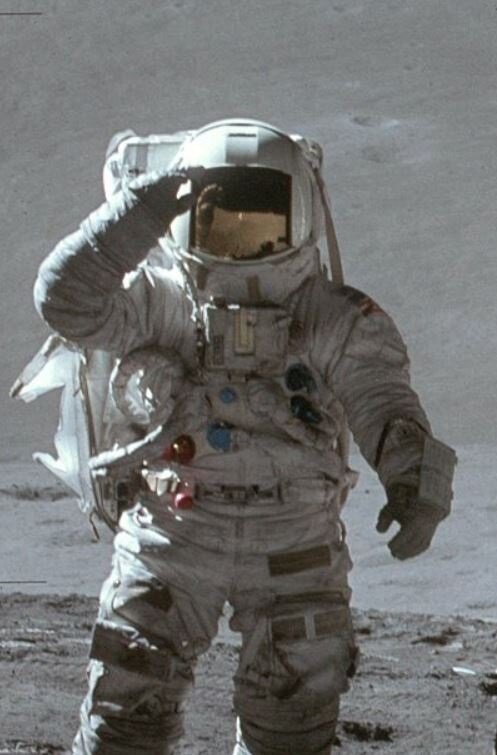




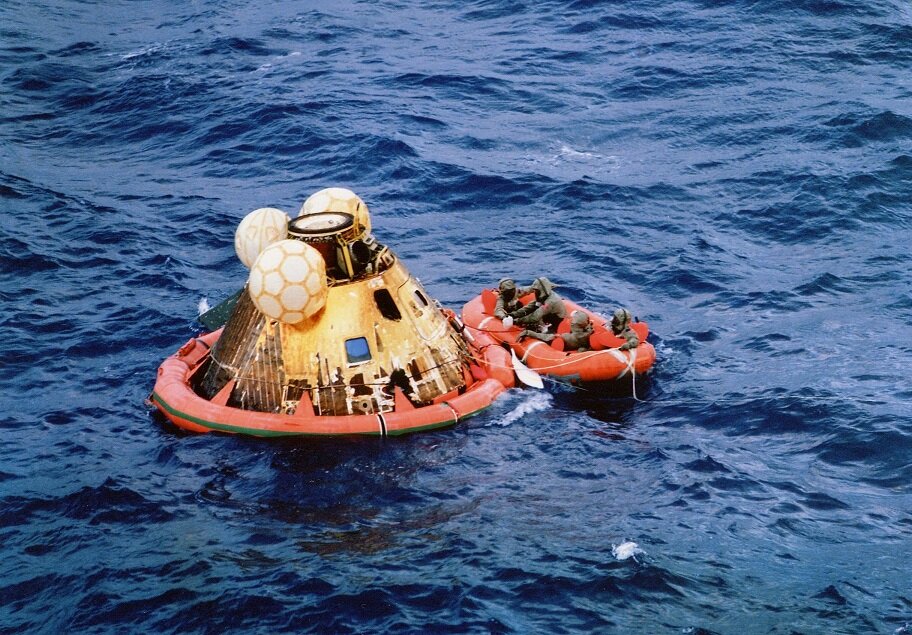

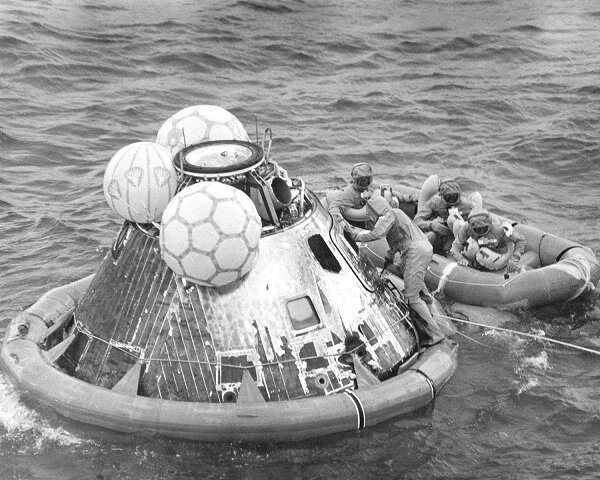






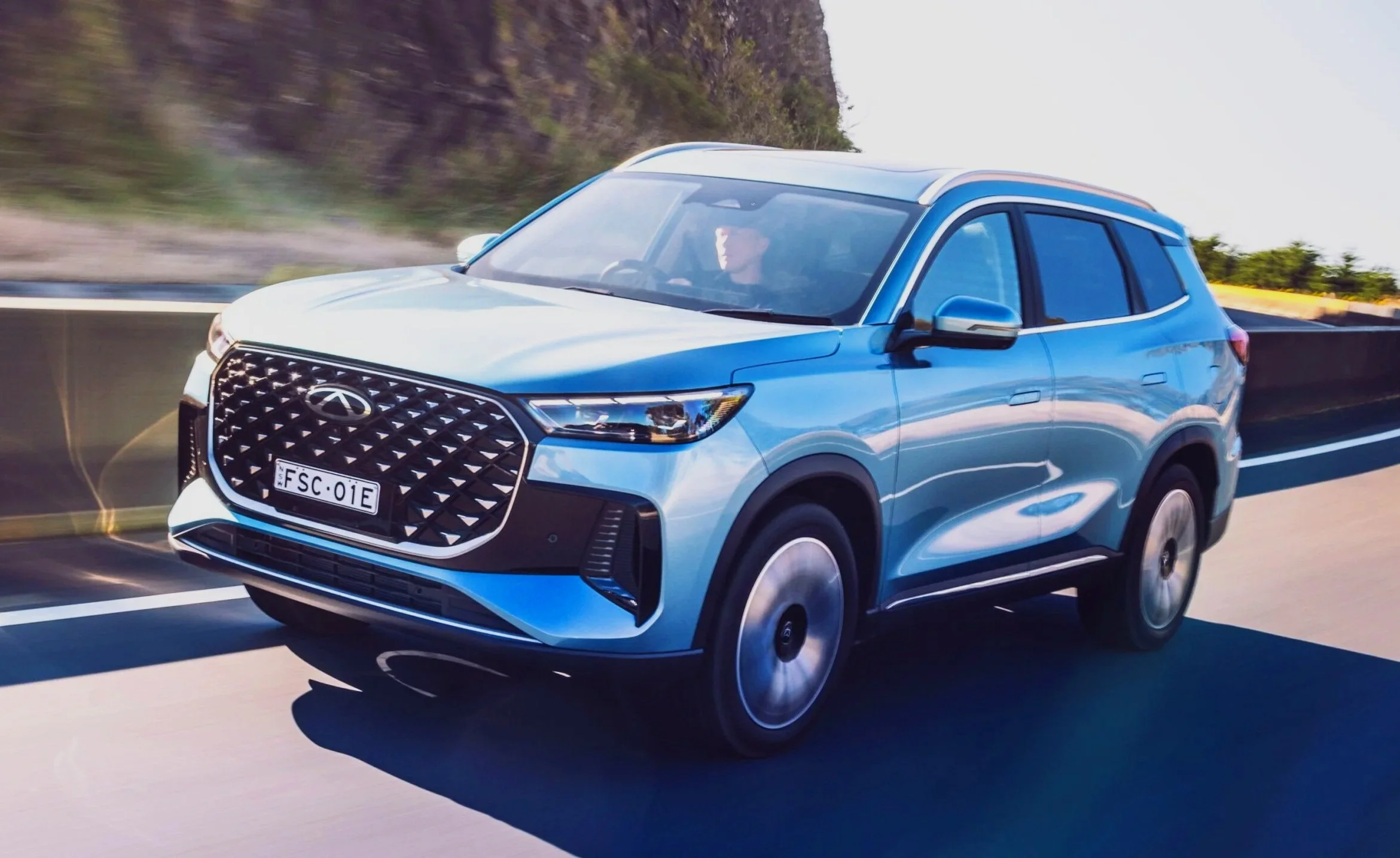
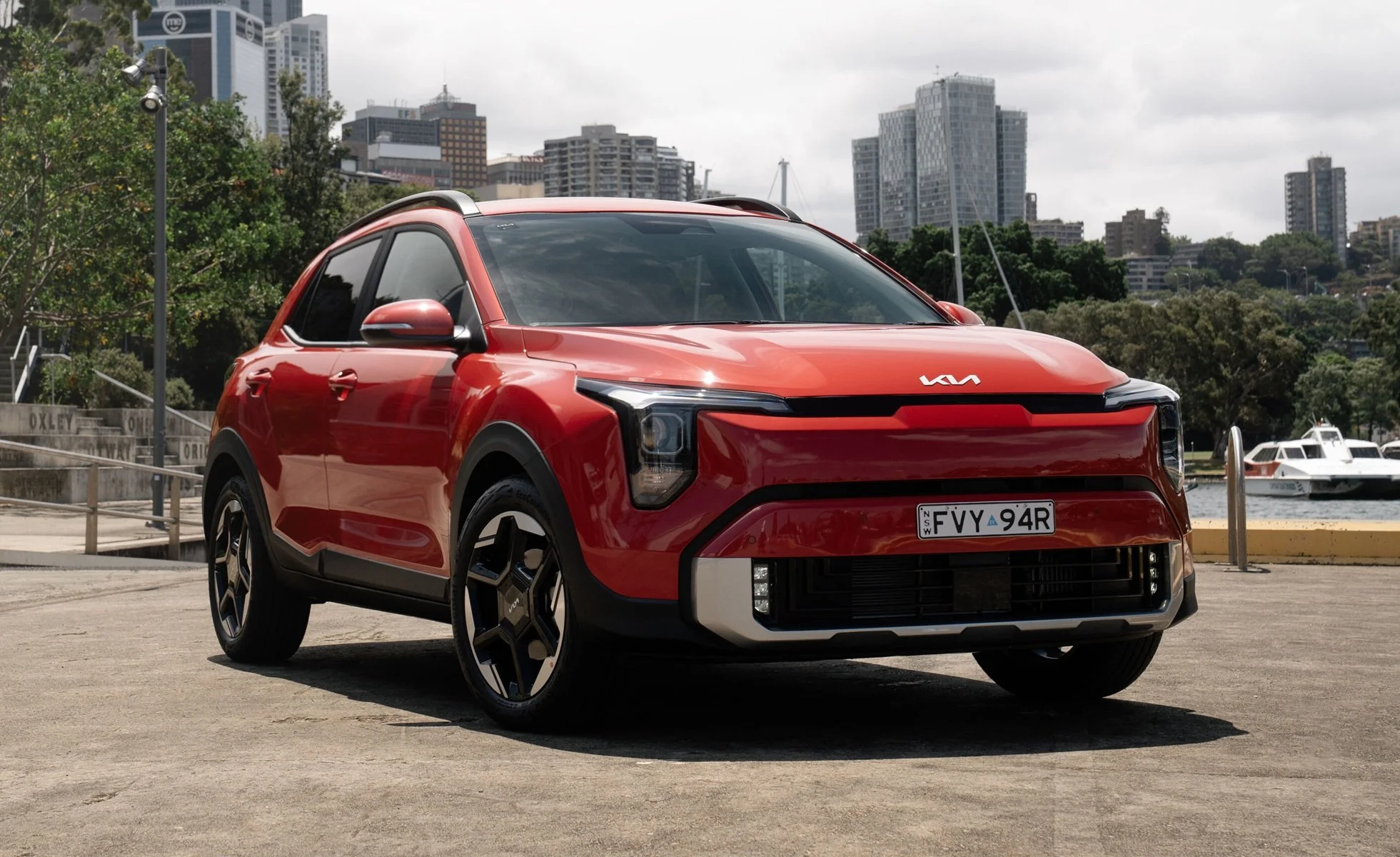




Just because a ute is cheap, that doesn’t mean it’s worth the money. Is the GWM Cannon more than just a cut-price Ranger wannabe? Can it offer towing, off-roading capability and robust design to compete with the big brand dual-cab utes like Hilux and Triton?